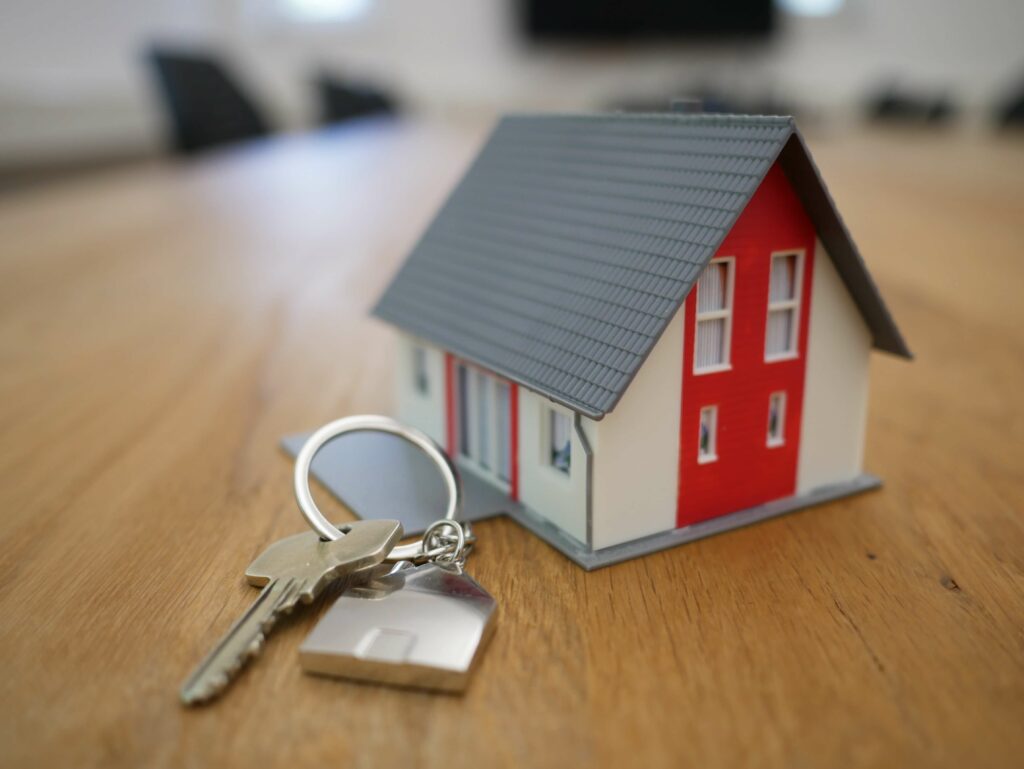When it comes to hotel asset depreciation in Australia, there are a few essential things that you should know. For starters, commercial depreciation is allocating the cost of fixes and improvements to an asset over its useful life. This allows businesses to recoup some of the costs of maintaining their assets, helping them better manage their finances.
Hundred of hotel owners overpay their taxes every year by failing to collect all available capital allowances and depreciation deductions for their hotels.
Are you interested in learning more about depreciation and how to apply it to your hotel? Do you have any doubts about whether you’ll be eligible for any of the tax benefits available? eDepreciation professional Quantity Surveyors will teach you everything you need to know about Australian hotel asset depreciation.
Is it possible for hoteliers to claim depreciation?
If their business continuously operates, they can claim all eligible depreciation deductions. The hotel is entitled to deduct this amount from its taxable income, allowing it to pay less tax than it would otherwise.
What items are eligible for depreciation?
Capital works, and plant and equipment can both claim commercial depreciation.
Capital Projects
Walls, doors, stairwells, windows, and permanent furnishings such as built-in wardrobes are all part of the property’s structure and fixed assets. Hotels depreciate at 4 percent or 2.5 percent, depending on when they were established, because they are primarily classified as “traveler accommodation.”
Plant and Machinery
The hotel’s readily removed or mechanical assets are plant and equipment. Mattresses, kitchen appliances, and floor coverings are freestanding furniture that depreciates over time. It’s also important to understand that this type of asset may qualify for tax benefits, such as the temporary full expensing policy.
What does a hotel owner require to claim depreciation?
Before depreciation can be claimed, a professional quantity surveyor like eDepreication Quantity Surveyors must produce a tax depreciation schedule. This schedule is a document that specifies every depreciable building and asset on a property and the tax benefits that can be claimed as a result of these structures and assets. An accountant for a hotel operator can use one of these schedules for the current fiscal year to compute the depreciation-related tax deductions available to them.
What is the point of getting a depreciation schedule for my hotel?
A depreciation plan can help you decrease your tax liability by providing you with a number you can claim year after year, effectively lowering your taxable income. Simply put, it’s a detailed report that outlines the depreciation deductions that you might be qualified for on your investment property.
Who can profit from a hotel depreciation schedule?
Freehold Owners
Depreciation can be deducted from the value of the building’s structure and any important assets purchased and handed to the tenant by the lease’s conditions by freehold owners. It is not uncommon for a hotel owner to hold the title to the building in one company while leasing and operating it in another.
Business Owners with Only a Leasehold
It’s worth noting that the client doesn’t own the building, and they’re the “tenant,” as it were. Depreciation would be allowed for both existing plant and equipment and new assets purchased for the hotel fit-out. This type of equipment includes bedding, linen, tables, chairs, reception furniture, glasses, and cookware. Furthermore, the Australian Taxation Office determines the depreciation rate for specific assets (ATO). Because they are under a leasehold agreement, they cannot claim the capital works deduction. They also have no right to any owner’s or renter’s assets, such as plants and equipment.
Are you looking for a quantity surveyor to help you create a tax depreciation schedule? You can get support from eDepreciation! Whether you have questions about our tax depreciation solutions or price, our team is always available to assist you!


